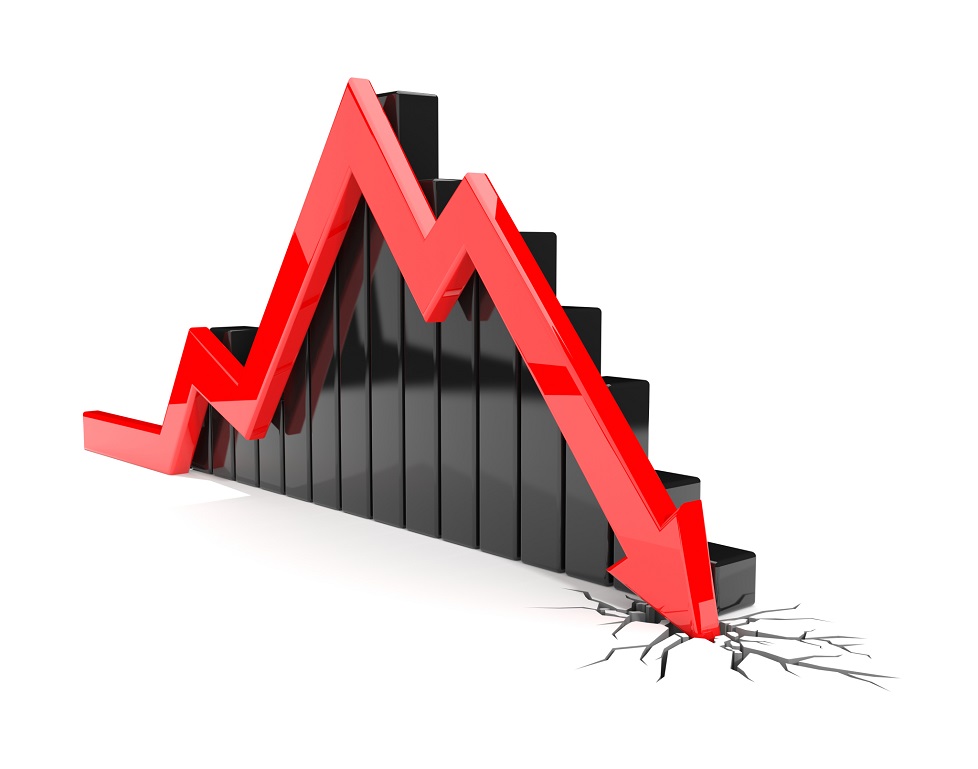The Nigerian economy has slipped into recession. The evidence is showing up in all the usual ways: slowing output growth, slumping purchasing-manager indexes, widening credit spreads, declining corporate earnings, falling inflation expectations, receding capital investment and rising inventories.
Crude oil prices have fallen by more than 70 per cent since mid-2014, which has been attributed to technology breakthrough in the exploration of shale oil and gas.
Petroleum industry and recession — Energy — The Guardian Nigeria
To overcome the present economic recession challenges, experts have emphasised the need for the Federal Government to boost revenues from the oil and gas sector by initiating business friendly initiatives.
Vice Chairman/Chief Executive Officer, Energy Resources Limited, Dr Jude Amaefule, listed the current challenges in the oil and gas sector to include stringent conditions of International Oil Companies (IOCs) on use of existing facilities; host community management; operational and security challenges; technical and financial capacity of prospective of foreign partners/investors and limited availability of cost-effective technology.
Amaefule said that the existing wells within Nigeria’s oilfields are currently on production decline.
He added that the country is facing the challenge of low exploration and appraisal drilling for the past several years due to policy uncertainties and lack of adequate funding.
He also lamented the delay in the passage of the Petroleum Industry Bill (PIB), and lack of adequate capital at competitive interest rates.
He emphasised the need for the country to resuscitate the nations refineries to enable them produce up to full capacity. “We exports crude petroleum of less than $50 billion barrels and import refined product of above $200 billion barrels,” he added.
Amaefule stated: “Since mid-2014, the crude oil markets cycle has turned downward, resulting in ever lower prices, leading to deep CAPEX spending reductions, and creating turmoil across the oil and gas industry. Recently, market prices had briefly slipped below $30/bbl. Some analysts are predicting even lower prices while others are arguing for a modest recovery—at least in the near term. produced.
“The current downturn has been brought on by a variety of factors including, but not limited to the U.S. tight oil revolution, the Organisation of the Petroleum Exporting Countries’ (OPEC) new strategy led by Saudi Arabia to protect market share rather than balance the market, the lifting of sanctions on Iran, growing inventory levels of crude oil and refined products worldwide, and expectations of lower world oil demand growth due to a worldwide economic downturn.” To create the enabling environment for sustained investment and inflow of capital for exploration and production operations, he stressed the need for government to consider giving “Land-Owner Royalty” per cent of gross royalty to host communities.
This, he noted, would ensure un-interrupted production and safeguard investments as Royalty is based on production.
The Director of Institute of Petroleum Studies (University of Port Harcourt, Prof. Mike Obi Onyekonwu, said the worrying issue is increasing production cost due to security challenges, cost of services and abuse of the Nigerian Content Act, which has allowed portfolio contractors to emerge as middlemen.
According to him, if Nigerians utilise energy at 50 per cent level of developed countries, it would begin to worry not only about food, but also energy sufficiency.
Petroleum industry and recession — Energy — The Guardian Nigeria
Onyekonwu said Nigerians should be empowered to participate in the industry. We should create investment friendly environment to attract investors.”
Source – www.guardian.ng

